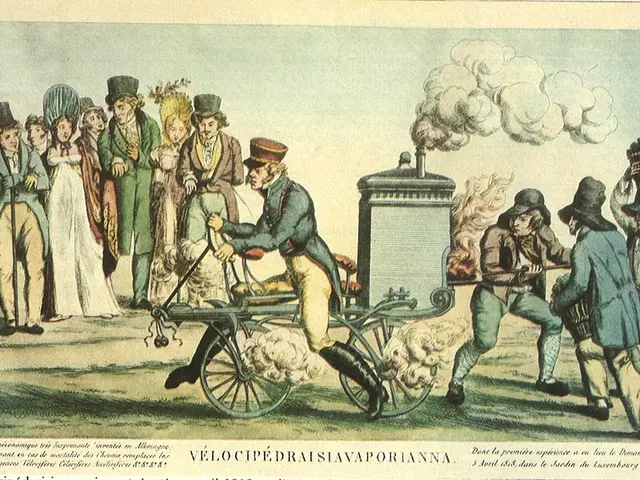Healthcare deserts: Passed Assembly legislation governing medical establishments
In a thunderous move for the medical field and beyond, a groundbreaking bill has made its way through the French National Assembly. This legislation, spearheaded by Guillaume Garot, a deputy from Socialist Party, Mayenne, and co-signed by approximately 250 parliamentarians from various parties (barring National Rally), aims to address the escalating issue of "medical deserts" - areas lacking adequate medical provisions. The bill was adopted during a sparsely-attended session on May 7, ultimately receiving 99 votes in favor and just 9 against, defying the government's skepticism.
While the legislative journey continues, with a Senate examination slated for the autumn, this victory is hailed as a significant step by proponents advocating for tighter regulation of liberal doctors. As medical deserts worsen, supporters argue that this bill will help curb escalating healthcare disparities. "We've taken a crucial step toward thwarting the exacerbation of inequalities," said Mr. Garot. "When deserts expand, it's the republic that recedes; we've managed to inject a bit of republican spirit back into our collective organization," he added.
Delving Deeper:
The proposed bill seeks to restrain where new doctors can establish their practices. In regions well-catered to by medical professionals, newcomers will be permitted to set up practices only upon retirement of existing doctors. Additionally, the law demands the deployment of doctors into underserved regions to redress healthcare inequalities and geographical discrepancies in medical amenities[1][2].
A Shared Concern:
An overwhelming majority of French MPs support this initiative as a timely response to the growing concern regarding access to healthcare in rural and underprivileged areas. Supporters highlight the need to check "medical deserts" by channeling new doctors to regions critically starved of medical services[2].
Counterarguments:
As anticipated, the bill has invited protests from medical unions and numerous doctors. They contend that these restrictions threaten physicians' independence and freedom to choose their ideal practice locations. There's a concern that overly prescriptive legislation may erode the traditional autonomy of medical professionals[3][4].
Senate Scrutiny:
Following approval by the National Assembly, the bill now moves to the French Senate for examination and deliberation this fall. There, Senators will review the legislation, potentially introducing modifications before it becomes law, keeping the healthcare reform debate alive[1][4].
Doctors in Mayenne and elsewhere are faced with a possible change in their practice locations due to a new bill proposed by Guillaume Garot and supported by over 250 parliamentarians. This bill, aimed at addressing "medical deserts," seeks to restrict the establishment of new doctor practices in well-catered areas, allowing such practices only upon the retirement of existing doctors. The bill also demands the deployment of doctors into underserved regions as a means to reduce healthcare disparities and geographical discrepancies in medical amenities.
Although the bill has been met with resistance from medical unions and some doctors who argue that these restrictions threaten their independence and freedom of practice location, the overwhelming majority of French MPs view it as a timely response to the growing concern regarding access to healthcare in rural and underprivileged areas. The bill is now awaiting scrutiny and potential modifications by the French Senate this fall before it becomes law.
Should the bill pass through the Senate, supporters argue that it will help curb worsening healthcare disparities and inject a bit of republican spirit back into the collective organization for health and wellness. On the other hand, critics of the bill warn that overly prescriptive legislation may erode the traditional autonomy of medical professionals and foster a sense of suspicion and politics in the medical-conditions sector. As policy and legislation debates around access to healthcare continue, the broader implications of this bill for science, health, and the general news are being keenly observed.










